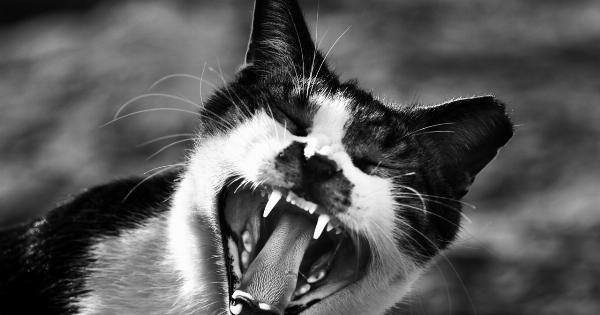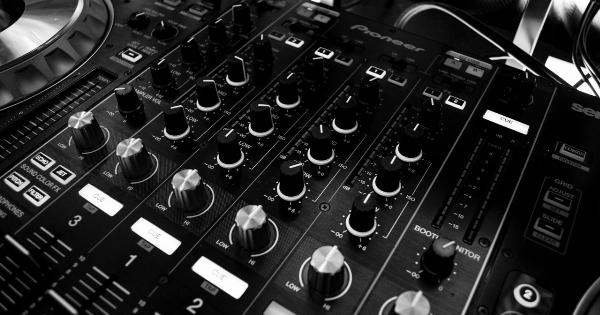We have all experienced the annoying sound of someone chewing with their mouth open. Some people may even cringe at the thought of it.
But have you ever wondered why that sound can cause such irritation? Let’s explore the root of the annoyance and why it affects some people more than others.
Misophonia
Misophonia is a condition where certain sounds trigger a strong emotional response in an individual. The sound of chewing is a common trigger for those with misophonia.
It is not a recognized disorder in the DSM-5, but it is becoming more widely recognized and studied.
The misophonia association defines it as “a neurological disorder in which auditory (and sometimes visual) stimuli are misinterpreted within the central nervous system.” Those with misophonia typically have an overactive amygdala, the part of the brain that controls emotions and fight or flight response. The sound of chewing can trigger a fight or flight response in individuals with misophonia, leading to feelings of anxiety and frustration.
Pet Peeves
For those who do not have misophonia, the annoyance of the sound of chewing may be related to pet peeves. Pet peeves are typically minor annoyances that can cause irritation and frustration.
These can vary from person to person and often stem from personal experiences. For example, if someone has a strong distaste for the sound of chewing with one’s mouth open, it could be related to being taught proper table etiquette growing up.
Rudeness
Another factor that can cause irritation with the sound of chewing is related to rudeness. Chewing with one’s mouth open is often seen as rude and unprofessional behavior in social and professional settings.
When someone engages in this behavior, it can lead to a negative association with the sound of chewing, leading to heightened irritation.
Sound Sensitivity
For some, sensitivity to certain sounds can play a role in the irritation caused by the sound of chewing. This sensitivity can be related to hearing loss or conditions such as hyperacusis, where sounds are perceived as louder than they actually are.
When hearing becomes more sensitive, it can cause even the slightest sound, like chewing, to become louder and more invasive, leading to irritation.
Processing Differences
Individuals with processing differences, such as ADHD or autism, may be more affected by the sound of chewing. This is due to the way their brains process auditory input.
Those with ADHD may have difficulty filtering out extraneous sounds, leading to increased irritation with the sound of chewing. Individuals with autism may have heightened sensitivity to sounds, making the sound of chewing more invasive and annoying.
Conclusion
Overall, the irritation caused by the sound of chewing can stem from a variety of factors.
Whether it’s related to misophonia, pet peeves, rudeness, sound sensitivity, or processing differences, it is a real and valid issue for those who experience it. Understanding the root of the annoyance can help individuals cope with the issue and find ways to alleviate the irritation.






























